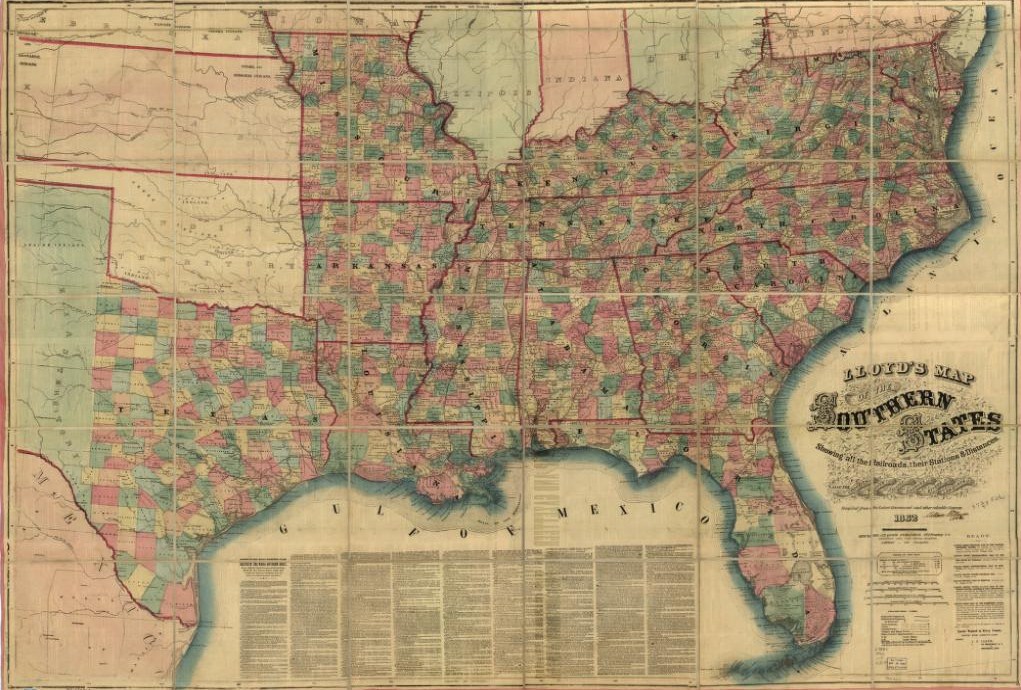Scarcity in the army only due to transportation issues and poorly executed impressments
Two days after the Richmond Bread Riot(squelched by the press to conform to the Secretary of Defense’s wishes) a Richmond paper reproduced an editorial squelching the rumor that the Confederate government was going to abandon Virginia because of scarcity of supplies.
From the Richmond Daily Dispatch April 4, 1863:
An Absurd rumor.
–The following sensible remarks, from the Lynchburg, Republican, in connection with a most ridiculous sensation story which has been effort, also, in this city for the last two or three days, we commend to all who may have been timid enough to place any reliance in it:
There was an idle rumor afloat in our city yesterday, to the effect that President Davis was going to issue a proclamation announcing the evacuation of Virginia as a military necessity, growing out of the scarcity of provisions. We hardly suppose that any sensible man has given a moment’s credence to such a senseless report. A moment’s reflection will teach any one capable of being taught a single idea that if the evacuation of Virginia was a military necessity the President would have too much prudence to announce it in an official, bulletin to our enemies; and it is a not less self evident proposition, that to evacuate Virginia for the want of provisions would simply be to “jump from the frying-pan into the fire.” Where would our armies go for better supplies? If the provisions are in North Carolina or Georgia they can be much better transported to the Army of the Potomac than the army can be transported to the provisions. Besides, to abandon Virginia on account of a lack of supplies would be to surrender all we have in Virginia at this time, and all we can promise ourselves by the new crop of coming summer. To give up the most valuable agricultural country in the world to the devastation of the enemy would be a very foolish way to feed our armies.
But the rumor is too silly a one to demand notice, and we have merely alluded to it because there are a great many silly people in the world who can blow a bladder into a balloon of tremendous proportions. Virginia is not going to be evacuated for any cause, and while there may be some scarcity of supplies in our army, it is simply because the necessary transportation has not been available for some time, and because the mode of executing impressments for some time has been such as to deter farmers from sending forth their products to market. There is a plenty in the country to feed our armies until the new crop comes in, and enough of muscle in our army to whip the hosts of fighting Joe Hooker whenever that valiant Yankee may think proper to cross the Rappahannock.
The Confederate impressment law of March 26, 1863 codified the informal impressment that had occurred since 1861 and “directed military officials, with the assistance of state boards of impressments, to buy food, fuel, and other needed commodities.”
A few months after impressment became law, Confederate losses at Gettysburg and Vicksburg, combined with high inflation, created a chorus of popular protest. Government price schedules hovered at almost 50 percent below the market rate, outraging farmers and merchants. Adding to their frustration was the uneven way in which goods were impressed. Areas near military campaigns and encamped armies were picked clean, while in other areas impressed goods rotted for lack of transportation. Moreover, it was not uncommon for Southerners to impersonate impressment agents in order to obtain food and fuel to support their own needy families.
The transportation issues probably had something to do with the railroads. On March 30, 1863 The New-York Times ran an article about the importance of the railroads to the South and the fact they were wearing out with little chance of being repaired because of the war and blockade, not to mention a probable labor shortage. The Times correspondence includes this from the Richmond Examiner of March 18, 1863:
“It is a fact, as well known to the enemy as to ourselves, that all the country in the vicinity of our armies has long been stripped of its provisions and forage, and that these armies depend for their existence and maintenance of their present positions upon the railroads. The railroads of this State are on the point of wearing out. They have decreased their speed to ten miles an hour as a maximum rate, and are carrying twenty five to fifty per cent. less tonnage than formerly. * * The wood-work of the roads has rotted, and the machinery has worn out. * * We are not informed of the actual condition of the railroads in the more Southern States, but conceive they are little better off than our own, except in the matter of negro labor. * * Railroads are a part, and an indispensable part, of our military system; and if they are allowed to fall through from any cause, Government and people may prepare for the retreat of our armies, and the surrender of much of the valuable country now in our possession.”

